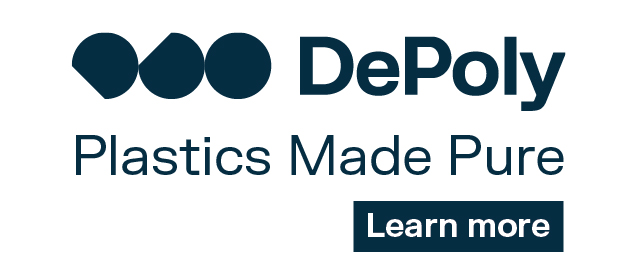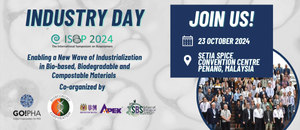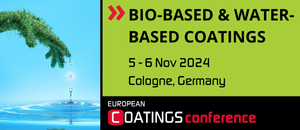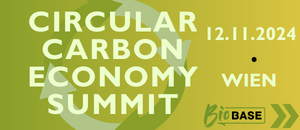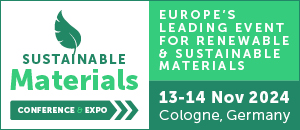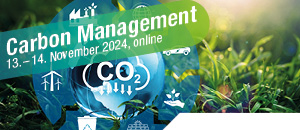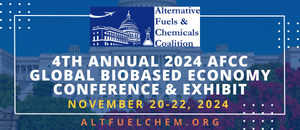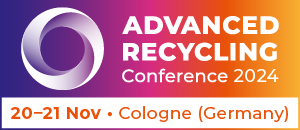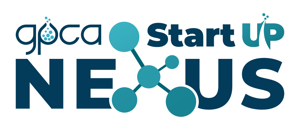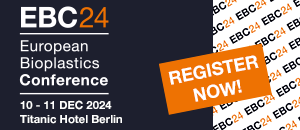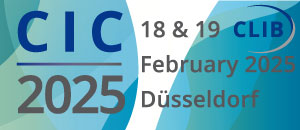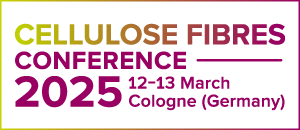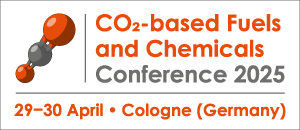Starting in September 2022, the new HORIZON Europe research project BIORECER aims to ensure the best possible environmental performance and traceability of biological feedstock used by bio-based industries. BIORECER will also assess the impact of current and adapted certification schemes on consumers and bio-based industry stakeholders along with their acceptance of new bio-value chains from biological feedstocks, including residual feedstock and waste.
Biomasses and biowastes present valuable secondary raw materials that require proper evaluation and certification as well as suitable and increasing traceability and transparency to increase their value and use in the bio-based value chains. The evaluation and certification approaches should consider key aspects including environmental performance and trade. The current landscape of certification schemes shows various inhomogeneous approaches and hereby causes a lack of traceability with regard to relevant information on the origin of bio-based products. Therefore, it hinders the availability, effective use and profitability of bio-based industries.
The BIORECER project aims to tackle these issues by developing guidelines for the advancement of current certification schemes, encouraging the establishment of new bio-based value chains and promoting the use of biological feedstocks to replace fossil-based raw materials. It hereby actively supports the goals of achieving a climate-neutral Europe by 2050. Based on these guidelines and within the framework of the project, 10 certification schemes are expected to be adapted in Europe and two non-European countries.
Three main technological pillars
The BIORECER research consortium thrives to realise three main technological pillars:
- Development of a multidimensional assessment framework for an aggregated analysis of biological feedstocks and their associated supply chains.
- Creation of a BIORECER Innovation Ecosystem living lab (BRIE) with a multi-agent approach in order to test the framework in four case studies with different biological feedstock origins and regional value chains in Spain, Italy, Greece and Sweden.
- Making use of all generated knowledge to complement current certification schemes including new criteria for certifying sustainability, origin, and traceability of biological resources, and ensure applicability at EU and global scale.
Two levels of interaction: BioResources Stakeholders Platform and BIORECER Information Communication Technology tool
In order to amplify the reach and scope of BIORECER, the research team will establish two levels of interaction: The BioResources Stakeholders Platform (BRSP) and the BIORECER Information Communication Technology tool “BIT”. While the BioResources Stakeholders Platform will serve as a mobilisation, networking and feedback tool involving a group of representative stakeholders in each case study, the digital BIORECER Information Communication Technology tool “BIT” will analyse incorporated data via machine learning to provide stakeholders with additional insight on biomass key indicators and to enable analytic exploitation of feedstock data. The project consortium anticipates that 10% of the regional bioindustry in Spain, Italy, Greece and Sweden, through the clusters involved, and two more that will be afterwards selected for replication will use the BIORECER platform, which would mean a total of more than 1,000 customers.
International expertise in innovative certification schemes
The BIORECER project combines international expertise from all over Europe. Under the lead of Cetaqua Galicia from Spain, a consortium including Easy Global Market SAS from France, Meo Carbon Solutions GmbH, and nova-Institut für politische und ökologische Innovation GmbH from Germany, Ethniko Kentro Erevnas Kai Technologikis Anaptyxis from Greece, Associazione Cittadinanzattiva Onlus, Cap Holding, UNI – Ente Italiano di Normazione, Universita Politecnica delle Marche, Spring Sustainable Processes and Resources for Innovation and National Growth and Universita degli Studi di Roma Unitelma Sapienza from Italy, Asociacion Nacional de Fabricantes de Conservas de Pescados y Mariscos – Centro Tecnico Nacional de Conservacion de Productos de la Pesca, Betania Legio SL and Universidad de Santiago de Compostela from Spain, Rise Processum AB from Sweden and the Brunel University London from UK will develop innovative certification schemes for bio-based feedstock.
The BIORECER Project receives funding from the Horizon Europe Framework Programme under Grant Agreement Number 101060684.
More information about the project will soon be available at http://www.biorecer.eu
About nova-Institute
nova-Institute is a private and independent research institute, founded in 1994; nova offers research and consultancy with a focus on the transition of the chemical and material industry to renewable carbon: How to substitute fossil carbon with biomass, direct CO2 utilisation and recycling. We offer our unique understanding to support the transition of your business into a climate neutral future. nova-Institute has more than 40 employees.
Source
nova-Institute, press release, 2022-09-15.
Supplier
Betania Legio SL
Brunel University London
Easy Global Market SAS
Horizon 2020
Italian Circular Bioeconomy Cluster SPRING
Meo Carbon Solutions GmbH
nova-Institut GmbH
Research Institutes of Sweden (RISE)
Universita Politecnica delle Marche
Università Telematica Unitelma Sapienza - Unitelma Sapienza University
Share
Renewable Carbon News – Daily Newsletter
Subscribe to our daily email newsletter – the world's leading newsletter on renewable materials and chemicals





